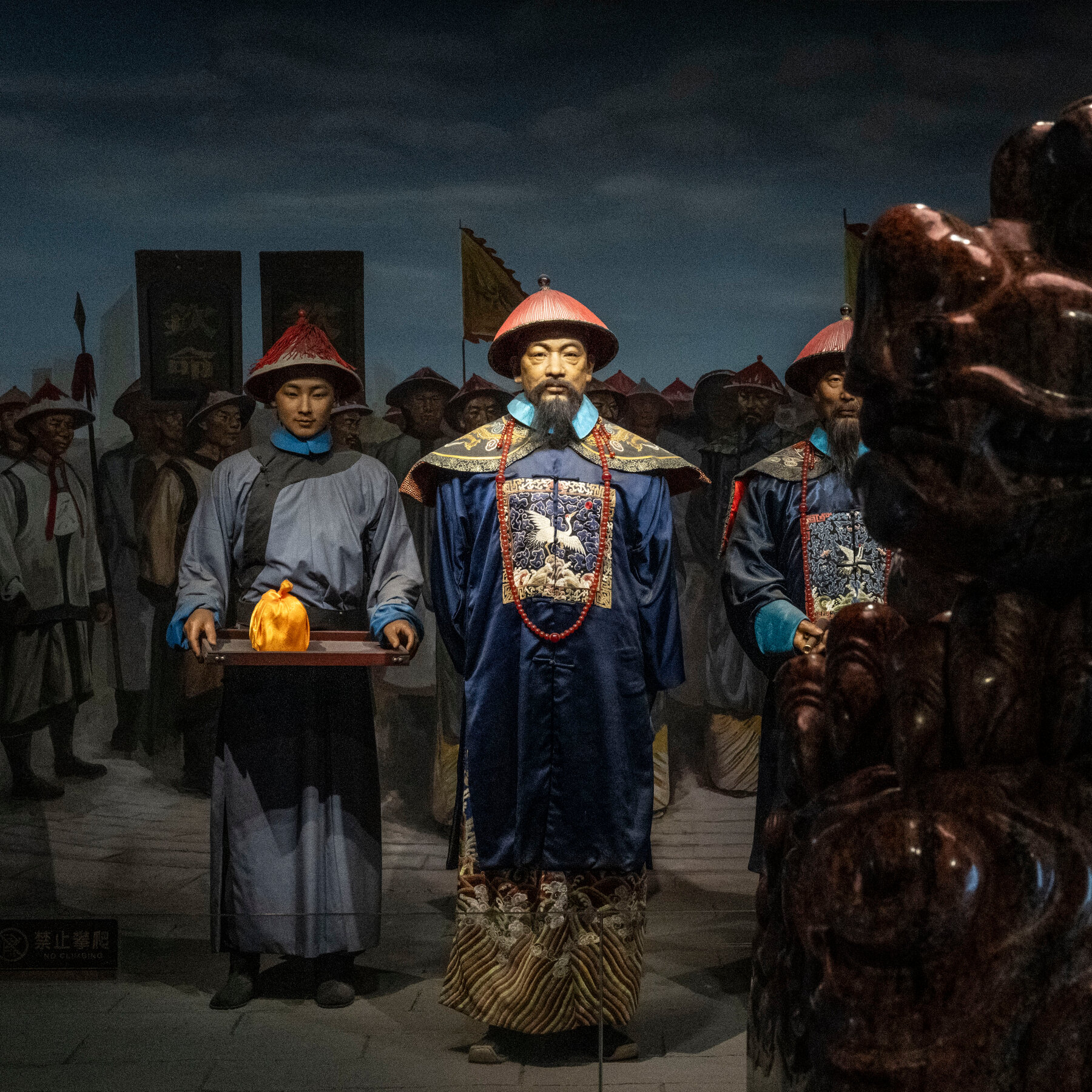How the Opium War Still Shapes Xi Jinping’s Trade Clash With Trump
How the Opium War Still Shapes Xi Jinping’s Trade Clash With Trump

China’s leader draws on lessons from Lin Zexu, a Qing official whose defiance of Britain led to China’s humiliating defeat but made him a national hero.
Read the full article on NY Times World
Truth Analysis
Analysis Summary:
The article appears mostly accurate, drawing parallels between historical events and current US-China trade relations. The connection to the Opium Wars and Lin Zexu is supported by multiple sources. However, the article exhibits a slight bias by framing the trade clash primarily from China's historical perspective.
Detailed Analysis:
- Claim: China’s leader draws on lessons from Lin Zexu, a Qing official whose defiance of Britain led to China’s humiliating defeat but made him a national hero.
- Verification Source #4: The Economist article mentions that the Opium Wars still shape China's view of the West.
- Assessment: Supported. The claim that the Opium Wars influence China's perspective is supported by The Economist.
- Claim: The article implies a direct link between the Opium War and the current trade clash between Xi Jinping and Trump.
- Verification Source #1: Reuters mentions Trump's camp accusing China of 'attacking' the U.S. with fentanyl, drawing a parallel to the Opium War.
- Verification Source #2: BBC discusses the historical trade balance and potential trade war between the US and China.
- Verification Source #3: SAIS Review discusses the US-China rivalry.
- Assessment: Supported. While not explicitly stating a direct link, the sources suggest a connection between historical grievances and current trade tensions.
Supporting Evidence/Contradictions:
- The Economist: "The Opium Wars still shape China's view of the West"
- Reuters: Trump camp says China is 'attacking' U.S. with fentanyl. A fight looms

